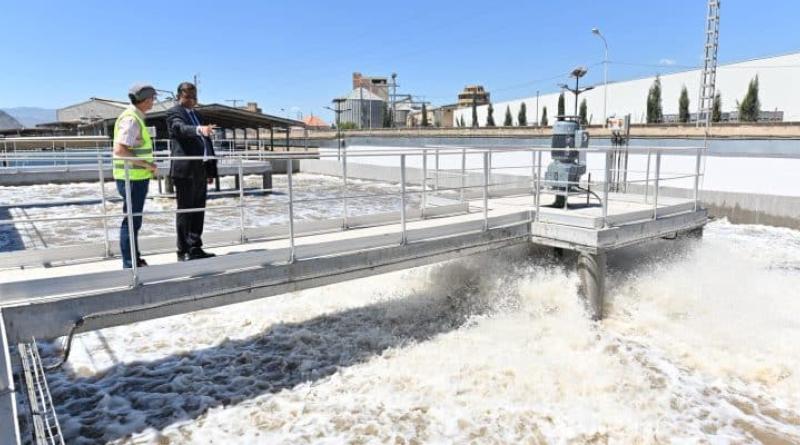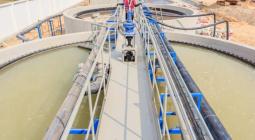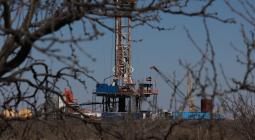ALGERIA: France’s Danone now treats its wastewater in the wilaya of Béjaia

Food giant Danone is bringing another aspect of its eco-responsible approach to Algeria via Danone Djurdjura, a merger between the French group and the Algerian dairy Djurdjura. Since 5 June 2024, a new wastewater treatment plant has been handling the wastewater from its facilities in the wilaya of Béjaia, with the aim of reducing its environmental impact.
After 23 years in business, Danone Djurdjura, founded in 2001, has finally decided to reduce its environmental impact in Algeria by treating its wastewater. Danone Djurdjura, which is the result of a merger between the French food giant Danone and the Algerian dairy Djurdjura, has therefore built a wastewater treatment plant. The plant was inaugurated on 5 June this year to coincide with the celebration of World Environment Day 2024, during which all leaders and companies were called upon to restore the land, combat desertification and resist drought.
The new facility, located between the Taharacht and Akbou industrial zones in the Wilaya of Béjaia in Algeria, treats effluent from the joint venture’s industrial complex for the manufacture of dairy products. Danone’s wastewater treatment plant has a total capacity of 1,200 m3 per day, extendable to 2,000 m3.
Preserving human life and aquatic biodiversity
The treated water is returned to nature. As well as reducing the pollution of aquatic environments, this approach will help to protect the health of people whose livelihoods depend on these environments.
“This initiative bears witness to our strategic vision and concrete action for a more sustainable future, and is one of a series of measures to reduce the ecological footprint of the company’s activities,” says Danone Djurdjura.
As part of its eco-responsible approach in Algeria and throughout Africa, the multinational, renowned for its ‘Blédina’ brand of dairy products, plans to reduce methane emissions from its production, particularly dairy production, by 30% by 2030, given that the agro-pastoral sector generates 8% of global methane emissions each year.






